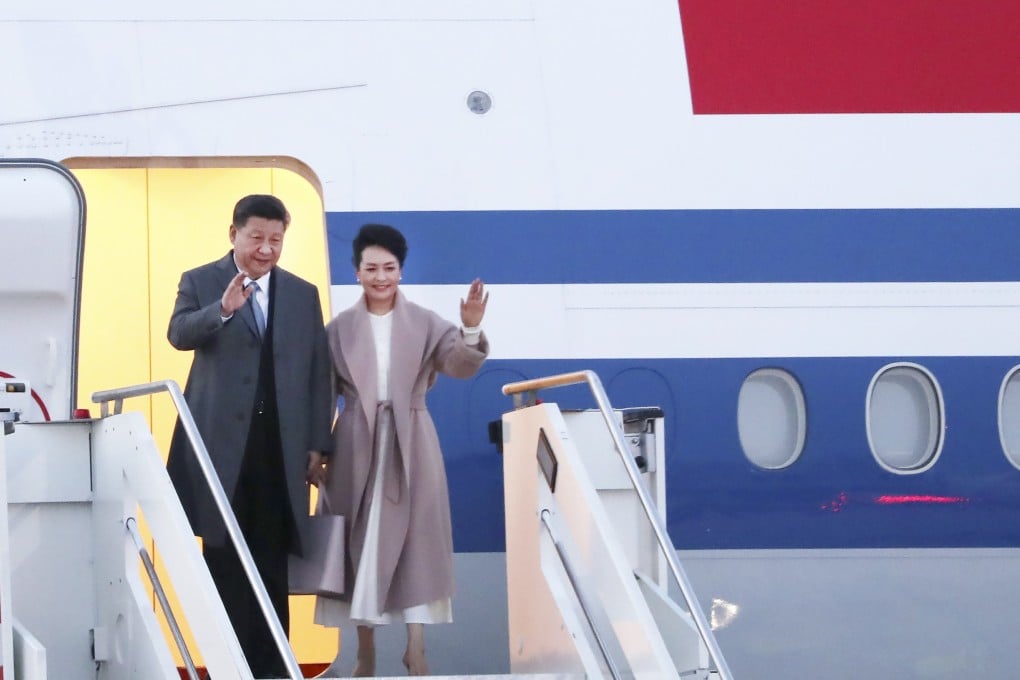Advertisement
Opinion | While Italy openly welcomes Xi Jinping, is Europe closing the door on China?
- Italy is buying into China’s belt and road plan and making a deal that neither the US nor the EU welcomes
- As the case of Greece shows, pledging billions to a European Union country with financial needs seems to buy China protection from EU criticism
Reading Time:3 minutes
Why you can trust SCMP
0

President Xi Jinping’s trip to Italy is a major political and economic coup. Italy is the first Group of 7 country to buy into the “Belt and Road Initiative”, a main piece of the current Chinese leadership’s foreign policy strategy that clearly demonstrates the power of China’s purse.
Italy needs money for infrastructure upgrading and Xi has pockets full of cash that he is willing to use. In return, Italy is, to a certain extent, turning its back on the United States and the European Union.
Xi is expected to sign a memorandum of understanding with Italian Prime Minister Giuseppe Conte which should lead to increased Chinese participation in the historic port city of Trieste and perhaps three other harbours, including Genoa and Palermo.
The proponent of this strategic shift to Beijing, junior economic development minister Michele Geraci, is a native of the Sicilian city of Palermo.
Trieste, situated at the northern tip of the Adriatic Sea, would give China access to a duty-free port in Europe and allow Chinese goods easy access to European markets.
Advertisement
